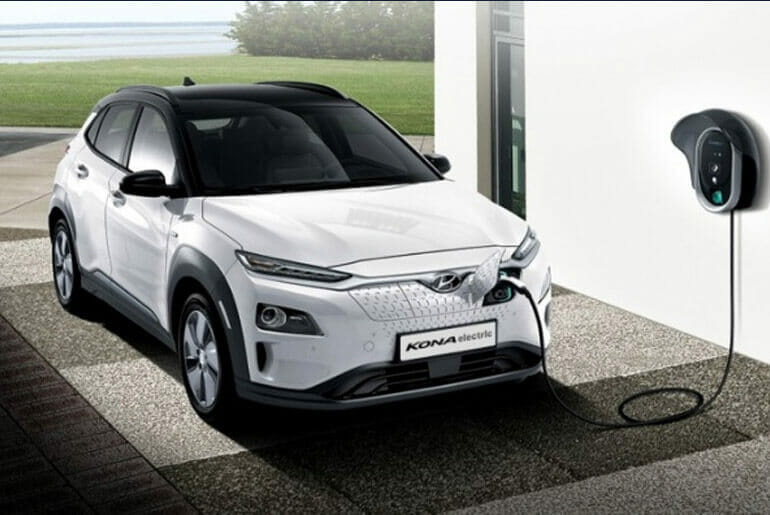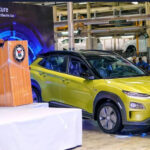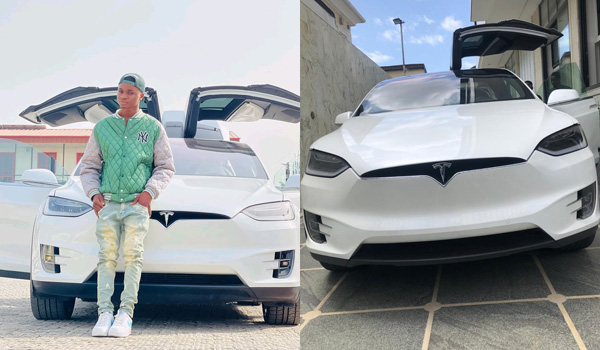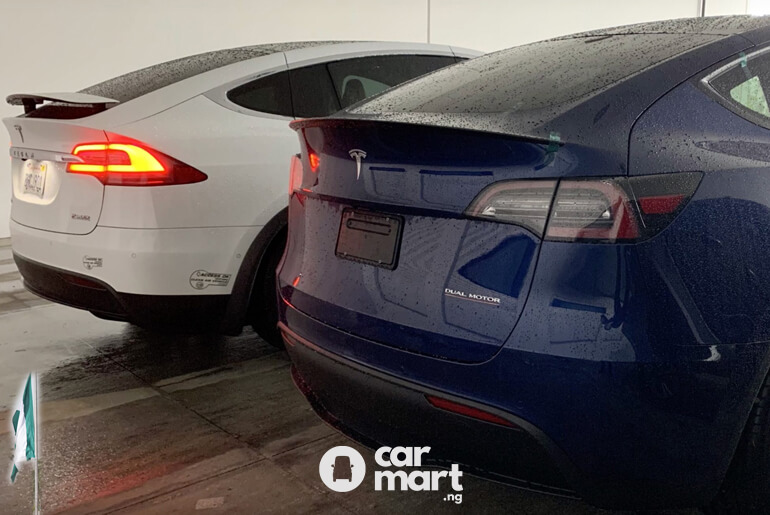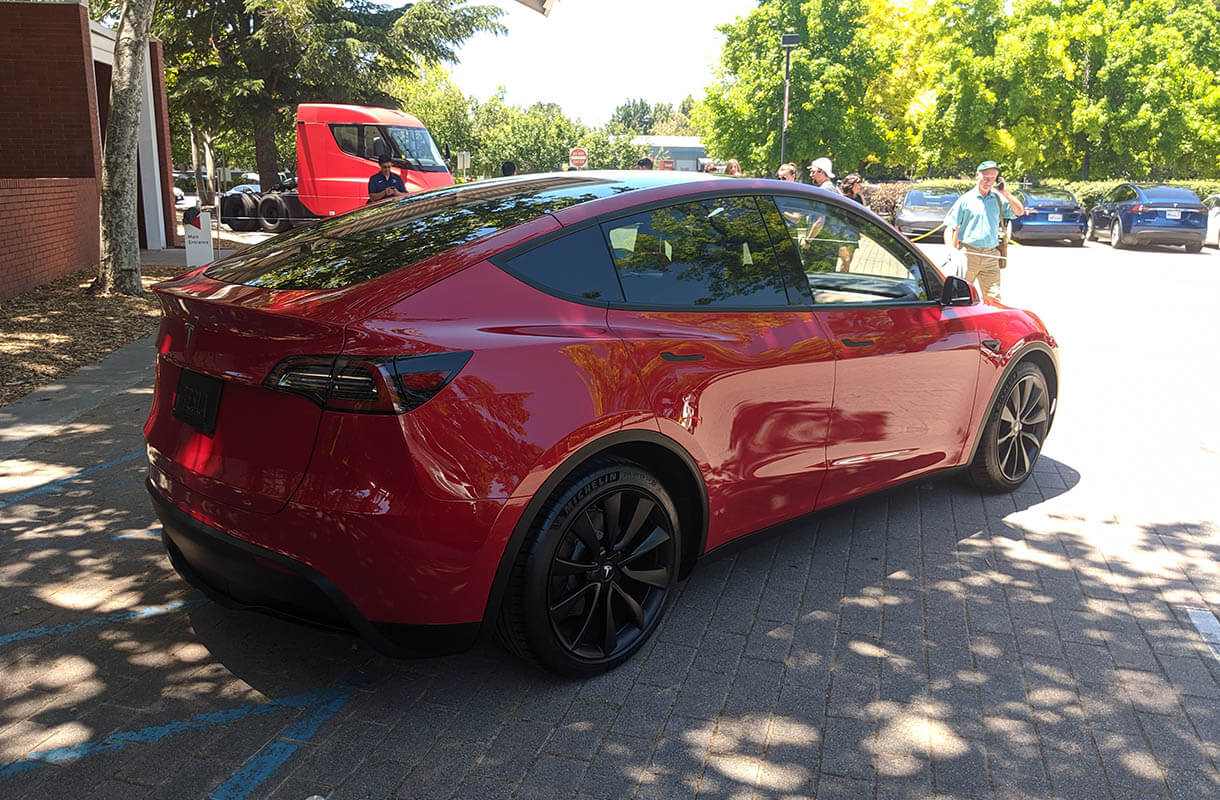Less than 200 units have been sold two years after the Stallion Group unveiled the first-ever electric car produced in Nigeria, as customers have remained steadfast in their love affair with fossil fuel usage, even as the availability of energy to charge the cars hinders uptake.
While the biggest problem with electric vehicles has never been the price or the road, it has always been where to charge them, given the hours of power required to keep the vehicle operating, since there are few or non-existent charging outlets.
The National Automotive Design and Development Council (NADDC) has launched a pilot program for electric vehicles. The NADDC worked with the Stallion Group, the European Union, and other partners to install 100 solar-powered EV charging stations around the nation.
Sokoto became Nigeria’s first state to open a solar-powered electric vehicle charging station. Three further charging stations have since been erected at the University of Lagos, Usman Dan Fodio University, and the University of Nigeria, Nsukka.
In a similar development, a Nigerian business named Metro Africa Xpress, or MAX NG, has developed electric motorcycles capable of travelling 160 kilometres with a rider and 120 kilometres with a passenger.
Mr. Abubakar Mustapha of Borno State created Nigeria’s first electric minibuses, which can transport up to seven people and go up to 120 to 150 kilometres on a single charge.
However, these charging facilities are insufficient in comparison to the country’s EV demand.
Lagos Governor Babajide Sanwo-Olu unveiled the fully electric automobile in 2020, hoping that the locally built sports utility vehicle will assist to lessen reliance on fossil fuels.
Though the governor praised Stallion Group for its laudable gesture, he pledged that the Lagos state government would create facilities for energy charging sites for automobiles around Lagos, making it easier for people to enjoy their Electric Vehicles (EVs).
However, according to The Guardian, the state administration has yet to introduce electrical charging stations.
Aside from charging stations, the status of the car industry has been related to the Nigerian government’s reluctance to approve a bill to back up the program. The business is further hampered by a lack of vehicle financing programs and other existing issues in the nation.
Globally, the manufacturing of electric automobiles and hybrid electric vehicles has accelerated and is becoming more deeply ingrained than ever.
They are, in reality, operating in the economies of Asia, Europe, and America. Electric cars are thriving in China, India, Japan, South Korea, Germany, the United Kingdom, the Netherlands, Spain, Belgium, France, the United States, and Canada.
Sonu Singh, Stallion Motors’ Head of Media and Marketing, said that the business has only sold 120 Kona units since its introduction in 2020, and that acceptance would be slow as more people embrace it in the following years.
Concerning charging, he said that the battery pack is constructed in such a manner that owners can charge their automobiles at home.
He said that the government is attempting to install some charging outlets at filling stations around the country, but that these efforts are still insignificant in comparison to other African countries.
Professor Samuel Odewumi, former Dean of the School of Transport and Logistics at Lagos State University (LASU), said that it would be acceptable in the fullness of time. Nigerians are notorious for being early adopters of new technologies.
Odewumi feels that the problem of fully embracing EVs is exacerbated by supporting infrastructure, such as the widespread distribution of charging connections in gas stations, so that owners are not stranded if their batteries fail.
The third component, he said, is technological service support in the form of local expertise and replacement parts. If these challenges are addressed, Nigerians would enthusiastically embrace technology. This is especially true given the rising cost of fossil fuels.
“I would urge the government to offer the policy and implementation framework so that the charging infrastructure will be part of the services by fuel dispensers and provide instructions for the creation of charging parks by interested private investors. Because the investment is so little, small-scale enterprises would happily take advantage of it.
“It should be noted that this is a worldwide trend, and Nigeria cannot afford to fall behind. However, it is also a warning sign that fossil fuels will not be the primary source of energy supply for the transportation sector in the long run. As a result, there is a strong need to diversify our income sources,” he said.
According to Gbola Oba, Chief Operating Officer of Automedics Ltd, if power is fixed and Nigeria addresses the ease of access to charging outlets, Nigerians would embrace the use of electric cars.
However, Henrii Nwanguma, Chief Executive Officer of West Atlantic Cold-Chain and Commodities Limited, said that the options for electric cars in Nigeria are not in line with demand. He said that Nigeria has energy equity, which he believes is a barrier to the uptake of electric cars.
He inquired if the nation had a strategic program or tax break for EV users that would encourage people to use them.
He claimed that the government has not provided incentives in the nation for electric automobiles.
It is likely that the low sales of electric vehicles in Nigeria can be attributed to a combination of factors, such as a lack of infrastructure for charging and maintaining electric vehicles, a lack of consumer education and awareness about the benefits of electric vehicles, and a lack of government incentives to promote the adoption of electric vehicles. Additionally, the high cost of electric vehicles compared to traditional gasoline-powered vehicles may also be a barrier to adoption.
Have 1 million naira and above to Buy or Sell Cars In Nigeria? Check carlots.ng
All rights reserved. Reproduction, publication, broadcasting, rewriting, or redistribution of this material and other digital content on carmart.ng is strictly prohibited without prior express written permission from Carmart Nigeria - Contact: [email protected]

